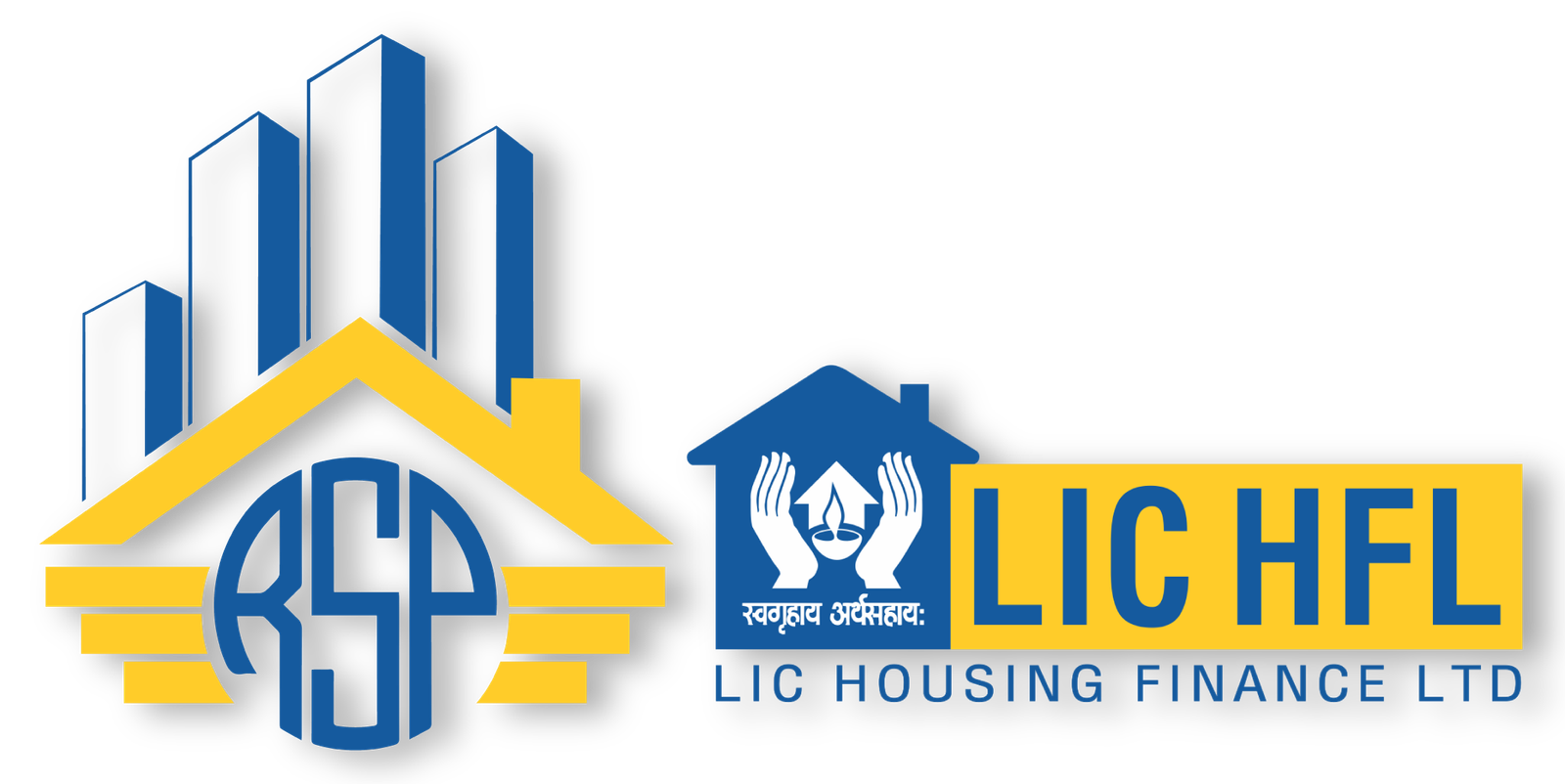Construction Agreement between the Customer and the Builder:
The construction agreement is a legally binding contract between the buyer (customer) and the builder (developer) outlining the terms and conditions of the construction and sale of a new flat or apartment. It typically includes details such as the specifications of the flat, the total cost of the property, payment terms, construction timeline, and any other relevant provisions. The construction agreement serves as a crucial document that governs the rights and obligations of both parties throughout the construction process. It provides clarity on the deliverables, responsibilities, and liabilities of the builder and the buyer, ensuring a transparent and mutually beneficial relationship.
Registered Sale Deed for the Undivided Share of Land:
In the case of purchasing a flat or apartment in a multi-unit building, buyers are not buying the land outright but rather a proportional share of the land on which the building is constructed. The registered sale deed for the undivided share of land establishes the buyer’s ownership rights to their portion of the land as well as any common areas or amenities shared with other unit owners. This document is essential for securing the buyer’s legal interest in the property and is registered with the appropriate government authority to make the transfer of ownership legally valid and enforceable.
Documents (Title Deed):
The title deed, also known as the property deed or conveyance deed, is a legal document that proves ownership of the property. It contains details such as the owner’s name, description of the property, and any conditions or restrictions related to its use. The title deed serves as evidence of ownership and is typically recorded with the relevant government authority, such as the land registry office, to establish a clear and legal ownership chain. Obtaining the title deed ensures that the buyer has a valid claim to the property and protects against any disputes regarding ownership.
Parent Documents:
Parent documents refer to any previous documents related to the property’s ownership and history, such as previous sale deeds, title deeds, land records, or any other legal papers. Reviewing parent documents is crucial for verifying the property’s ownership chain, identifying any encumbrances or legal issues, and ensuring a clear title before purchasing the property. Understanding the property’s background through parent documents helps buyers make informed decisions and avoid potential legal disputes in the future.
Plan Approval, Order, and Actual Plan:
Plan approval refers to the process by which the construction plans for the property are reviewed and approved by the local government authority or municipality. It ensures that the proposed construction complies with relevant building codes, zoning regulations, and other legal requirements. The plan approval document, along with the order issued by the authority, confirms that the construction plans meet all necessary standards and specifications. The actual plan provides detailed drawings and specifications of the completed building or apartment, serving as a blueprint for construction and ensuring that the finished property matches the intended design.
E.C. 1987 to Till Date:
The Encumbrance Certificate (E.C.) is a legal document that provides information about any encumbrances or legal claims on the property, such as mortgages, liens, or easements. It is issued by the relevant government authority and serves as proof of the property’s title status and any existing liabilities associated with it. Reviewing the E.C. covering the period from 1987 to the present date helps buyers verify that the property is free from any legal encumbrances that may affect its ownership or use. Ensuring a clear E.C. is crucial for securing the buyer’s interests and avoiding potential legal complications after the purchase.




